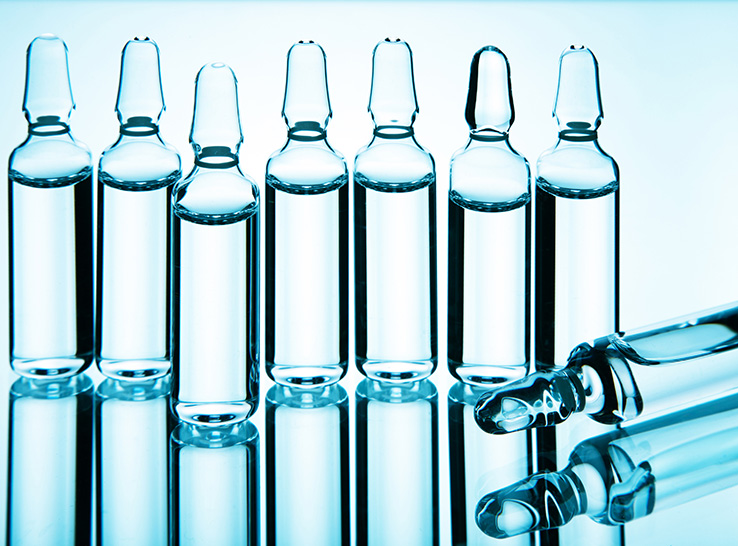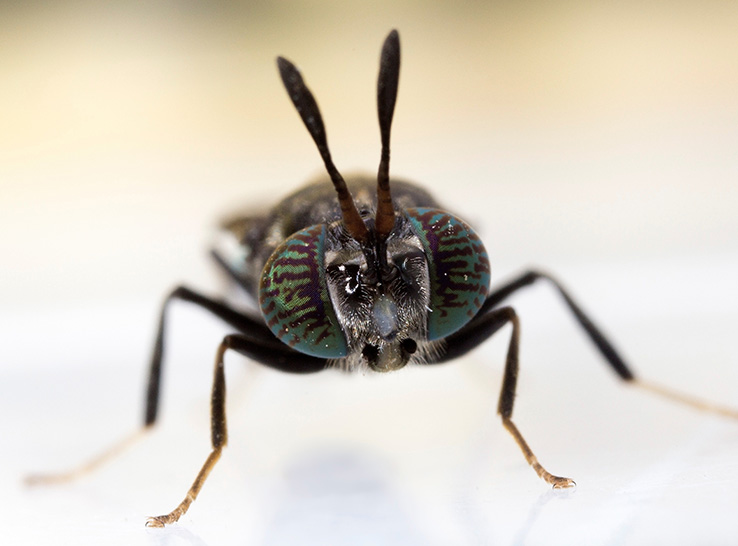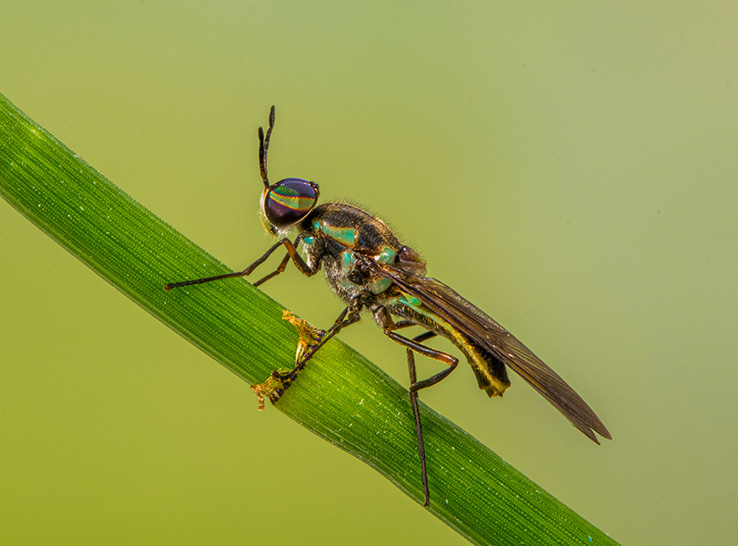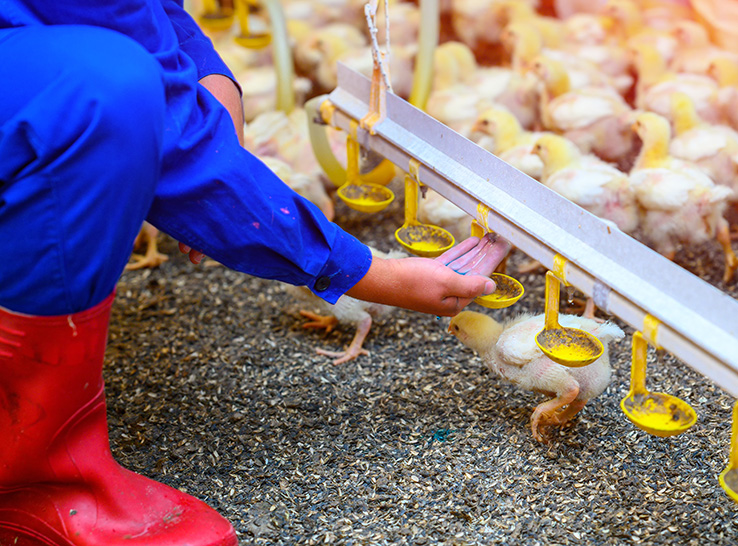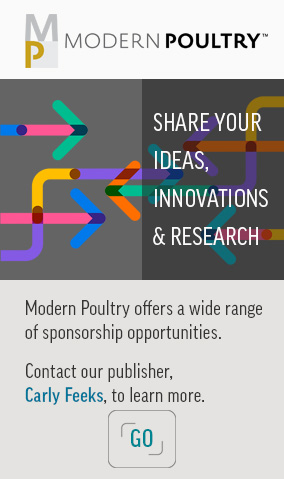Waste byproducts from rearing insects commercially could play a role as a sustainable broiler feed, the results of research presented at the 2024 International Poultry Scientific Forum suggest.
Scientists from Southern Poultry Feed & Research and EnviroFlight LLC tested a product made from the frass of black soldier fly (Hermetia illucens), which includes digested feedstocks and the exoskeletons of the insect larvae which are rich in chitin. The feed contains roughly 20% protein and 6% fat.
In two experiments with male Cobb 500 chicks, they investigated the effects of different inclusion rates of the product in the diets at different growth stages, comparing performance of these chicks to that of birds fed a basal diet.
Chicks were randomly allocated to the two diet groups, and there were 10 pens of birds included in each treatment. The inclusion rates were 2.5% in the starter diet from days 0 to 14, 5% in the grower diet to day 28, and 10% in the finisher diet to day 42.
Daniel Adams, PhD, research immunologist for the company, explained that the percentage of product included in the diet increased throughout the study because of the changing protein needs in the different growth stages.
No performance differences
From the data collected, they found that the mean bodyweight and feed-conversion rate were comparable between the two groups, with no statistically significant differences between the treatments.
Before the tests in broilers, the product had been tested as a potential feed for farmed fish, with some improvements in feed conversion and weight gain recorded in tilapia and channel catfish, Adams said. However, in these studies, scientists used much higher inclusion rates of the frass.
Potential proved
“All black soldier fly larvae-based ingredients are safe. We have regulatory approval to use them. But volume very quickly becomes an issue with these types of products, which is why we began to focus on our byproduct. We create a lot of the byproduct for commercial large-scale production,” Adams said.
The company uses a strictly controlled diet to feed its insects, he stressed, ensuring that the frass is consistent in its nutritional content.
Adams explained that, with these initial studies, they wanted to demonstrate that the product was safe and could be considered a solid feed ingredient for broilers.
While the work highlighted the frass product’s safety and suitability as a broiler feed, more research will be needed to shed further light on optimal inclusion rates in birds’ diets.

